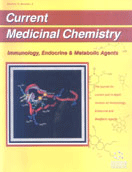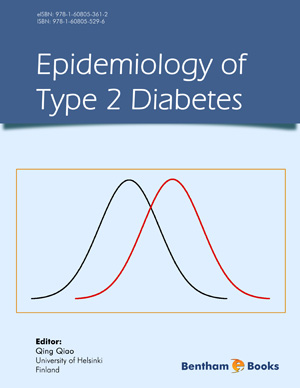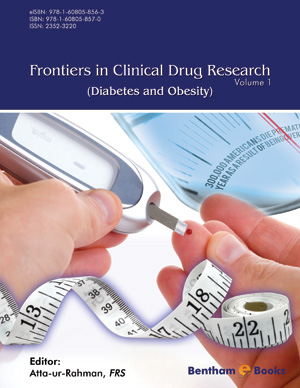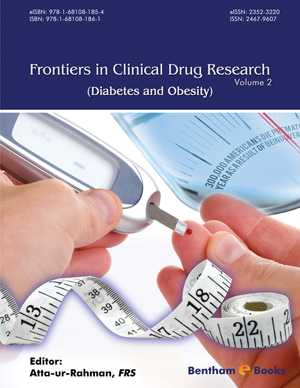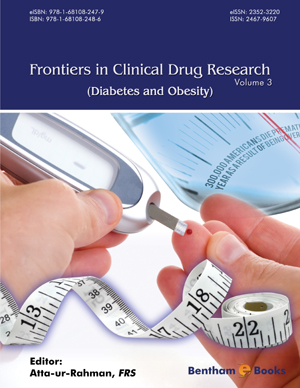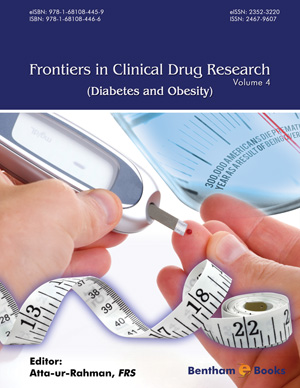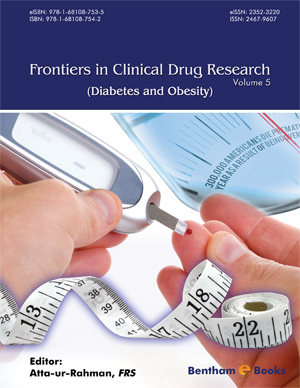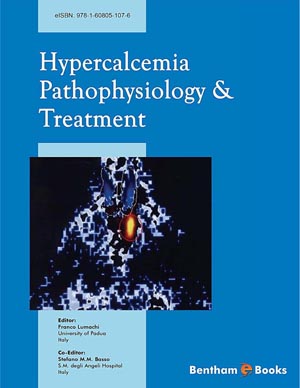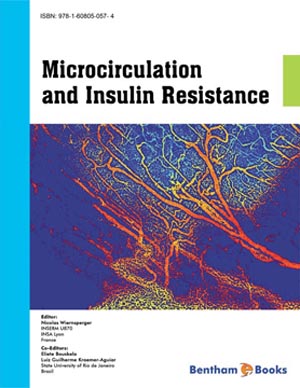Abstract
Sleep is one of three pillars of health along with diet and physical activity. Lack of sleep and sleep disturbances are associated with a host of negative health outcomes such as diabetes, stroke, heart disease, obesity, cognitive decline, and accelerated aging of the brain. Given the shortening of sleep duration in the US and globally, associated adverse health outcomes are of concern. The focus of this chapter is on the impact of sleep on health, how much sleep is adequate, how sleep contexts affect the quality of sleep, the circadian clock system, strategies for keeping body clocks in tune through sleep timing, food, and sleep environment, and resources for assessing sleep. These resources include self-report tools such as short questionnaires as well as objective methods such as actigraphy. Major advances include understanding the impact of diet, environment, and the circadian system on developing optimal sleep patterns. Further research is warranted on assessment of sleep patterns globally as well as understanding the impact of diet, environment, and the body clock on improving the quality of sleep.
Keywords: Actigraphy, body clock, caffeine, circadian system, diet, global health, nutrition, obesity, overweight, risk, sleep assessment questionnaires, sleep duration, sleep environment, sleep quality, wellness.




